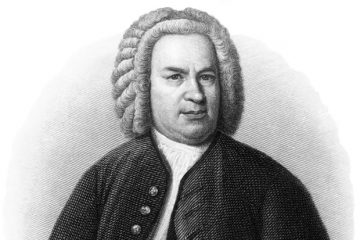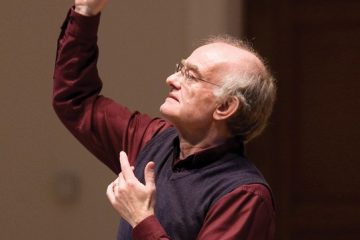Blogs
Hildegard von Bingen ‘O eterne Deus’: Dawn of a New Day
Hildegard von Bingen: O eterne Deus Context Translated into ‘O eternal God’, this short antiphon by Hildegard von Bingen talks about central themes of love and the dawning of humankind. She uses lots of imagery of light and divinity, making this a hopeful antiphon. The Text Latin and English translations Read more…





